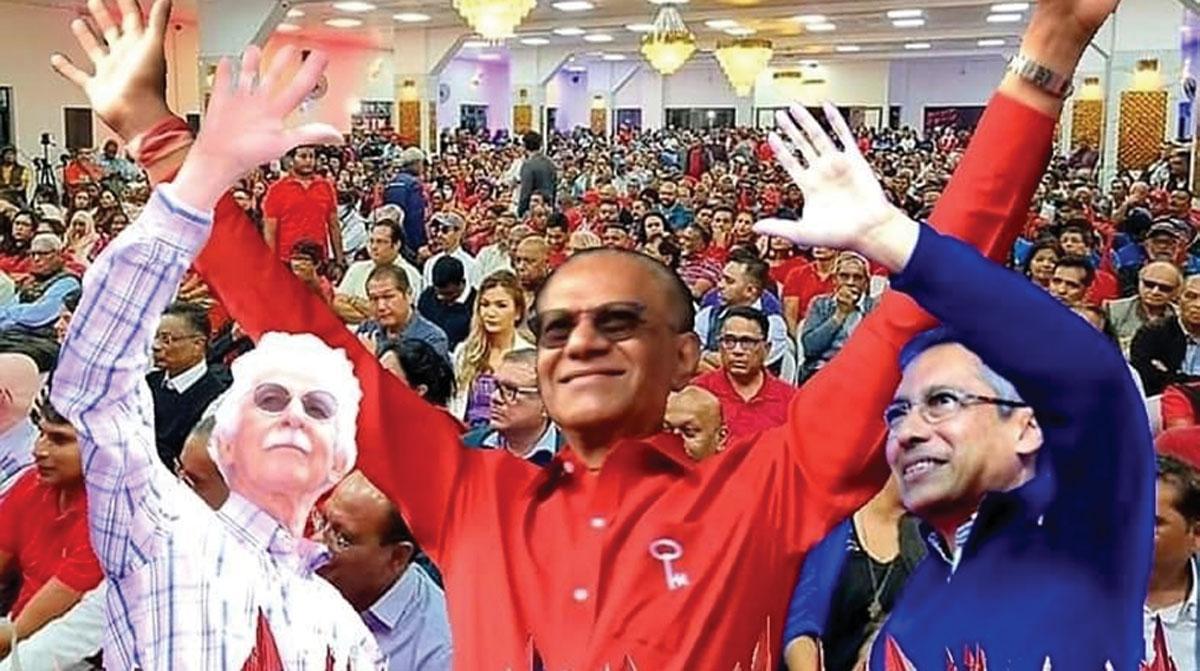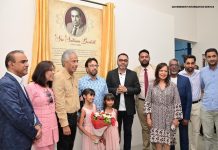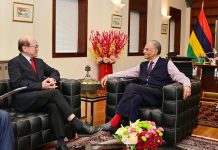Africa-Press – Mauritius. How often have we not read or heard some variant of this statement from international organisations since the nineties: “Mauritius is proving/has proven to be a stable and viable democracy with a thriving market economy”? And, overall, as the “viable, functional democracy” weathered well the political transitions, abrupt as they were, in 1982, 1995, 2000 and 2005, we and external observers were entitled to believe that, whether under difficult or thriving economic circumstances, our polity, our democratic fabric and values were indeed resilient.
The majority of us may even have taken those values for granted, ignoring the fact that much of this resilience might be due to statesmen figures like Sir Seewoosagur Ramgoolam, Sir Anerood Jugnauth, Sir Abdool Razack Mohamed, Sir Veerasamy Ringadoo, Sir Gaetan Duval, Sir Satcam Boolell and Paul Berenger, who had developed and honed their democratic values and political stature in the complex and fragile sociological realities of post-independence Mauritius.
They were perhaps bolstered by a generation of top civil servants doing their best to serve the general interest, or by a free press keeping them on their toes, and by an apolitical police force and an independent judiciary.
Or again by the hegemonic land-owning private sector in making sure the land we share was neither rocked nor derocked, or even by the legitimist and democratic thread in the so-called Hindu belt that perhaps avoided riotings not infrequent in several other multi-ethnic island states.
We will leave the analysis to historians and sociologists, but we might have grown accustomed to the notion that our garden of democracy would not be plagued by uncouth gnomes waiting to destabilise our civilised “way of doing things” or much worse grab away our freedoms, gnaw at our democratic space, harass political opponents, lawyers and media outlets and impose on subservient civil servants, fatly rewarded political lackeys, incompetent nominees and ineffectual institutions, a clannish rule.
At least, that’s the glue and narrative that Opposition leaders of the three traditional parties, Navin Ramgoolam, Paul Berenger and Xavier Duval, have evoked to bring them together in a historic platform to oust the MSM regime in power.
That the birthing of such a reunion of three different sociological and political sensibilities, each with its own unique history and contributions to Mauritian society and its development, each with its own figureheads, took time was natural and they may still have some fine-tuning to continue doing.
There were certainly credibility issues raised by the MSM loyalists that had to be tackled and most importantly, how the electorate, come end 2024 or earlier, the agents, activists and the general population would buy into the brand of a unified Mauritius.
The fact that the MSM clearly had neither the confidence nor the stamina to run the gauntlet in postponed municipal elections (subject of a constitutional challenge), depriving in the process half of the electorate of its democratic rights, may have pushed the three leaders to hold their first public test of a regional congress last Friday right smack in the middle of rural Mare d’Albert.
With alternating rural and urban ones for their future mobilisations announced. But the turn-out, tempo and enthusiasm at Mare d’Albert was keenly watched by all observers, political parties and probably some friendly powers, but with some trepidation by the MSM and its own security and information services, for the rural hinterland of constituencies 4-14 and hindu-belt Mauritius was assumed to be their only residual backbone.
For More News And Analysis About Mauritius Follow Africa-Press







